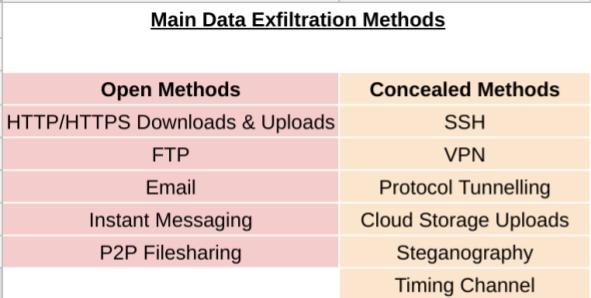
Pulsar
Pulsar is a tool for data exfiltration and covert communication that enables you to create a secure data transfer, a bizarre chat or a network tunnel through different protocols, for example, you can receive data from tcp connection and resend it to real destination through DNS packets.
Install
$ git clone https://github.com/jacopodl/Pulsar.git
$ cd pulsar
$ export GOPATH=$(shell pwd)
$ go get golang.org/x/net/icmp
$ go build -o bin/pulsar src/main.go
Use
Connectors
A connector is a simple channel to the external world, with the connector you can read and write data from different sources.
- Console:
- Default in/out connector, read data from stdin and write to stdout
- TCP
- Read and write data through tcp connections
tcp:127.0.0.1:9000
- Read and write data through tcp connections
- UDP
- Read and write data through udp packet
udp:127.0.0.1:9000
- Read and write data through udp packet
- ICMP
- Read and write data through icmp packet
icmp:127.0.0.1 (the connection port is obviously useless)
- Read and write data through icmp packet
- DNS
- Read and write data through dns packet
dns:fakedomain.net@127.0.0.1:1994
- Read and write data through dns packet
You can use option –in in order to select input connector and option –out to select output connector:
--in tcp:127.0.0.1:9000 --out dns:fkdns.lol:2.3.4.5:8989
Handlers
A handler allows you to change data in transit, you can combine handlers arbitrarily.
- Stub:
- Default, do nothing, pass-through
- Base32
- Base32 encoder/decoder
--handlers base32
- Base32 encoder/decoder
- Base64
- Base64 encoder/decoder
--handlers base64
- Base64 encoder/decoder
- Cipher
- CTR cipher, support AES/DES/TDES in CTR mode (Default: AES)
--handlers cipher:<key|[aes|des|tdes#key]>
- CTR cipher, support AES/DES/TDES in CTR mode (Default: AES)
You can use the –decode option to use ALL handlers in decoding mode
--handlers base64,base32,base64,cipher:key --decode
Example
In the following example, Pulsar will be used to create a secure two-way tunnel on DNS protocol, data will be read from TCP connection (simple nc client) and resend encrypted through the tunnel.
[nc 127.0.0.1 9000] <–TCP–> [pulsar] <–DNS–> [pulsar] <–TCP–> [nc -l 127.0.0.1 -p 9900]
192.168.1.198:
$ ./pulsar –in tcp:127.0.0.1:9000 –out dns:test.org@192.168.1.199:8989 –duplex –plain in –handlers ‘cipher:supersekretkey!!’
$ nc 127.0.0.1 9000
192.168.1.199:
$ nc -l 127.0.0.1 -p 9900
$ ./pulsar –in dns:test.org@192.168.1.199:8989 –out tcp:127.0.0.1:9900 –duplex –plain out –handlers ‘cipher:supersekretkey!!’ –decode
Copyright (C) 2018 jacopodl
Source: https://github.com/jacopodl/